



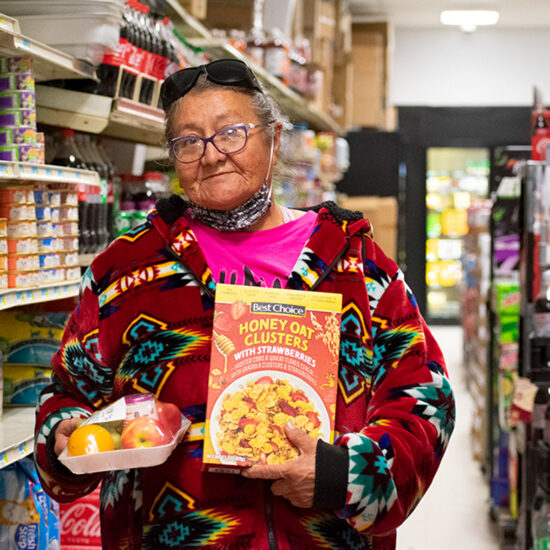

Partnership With Native Americans
Partnership With Native Americans is a 501 (c)(3) nonprofit organization committed to championing hope for a brighter future for Native Americans living on remote, isolated and impoverished reservations. Collaborating for nearly 30 years with our reservation partners, we provide consistent aid and services for Native Americans with the highest need in the U.S.
OUR MISSION
SERVING IMMEDIATE NEEDS. SUPPORTING LONG-TERM SOLUTIONS.
OUR VISION
STRONG, SELF-SUFFICIENT NATIVE AMERICAN COMMUNITIES.
Our Programs
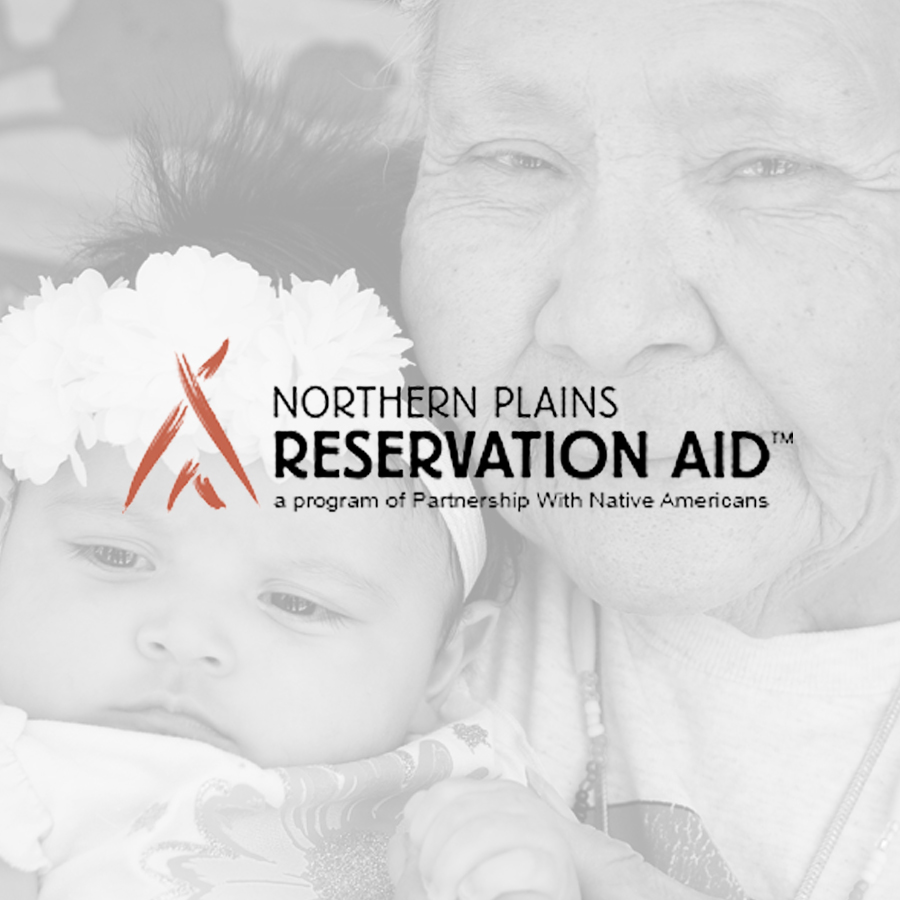
Learn More >>
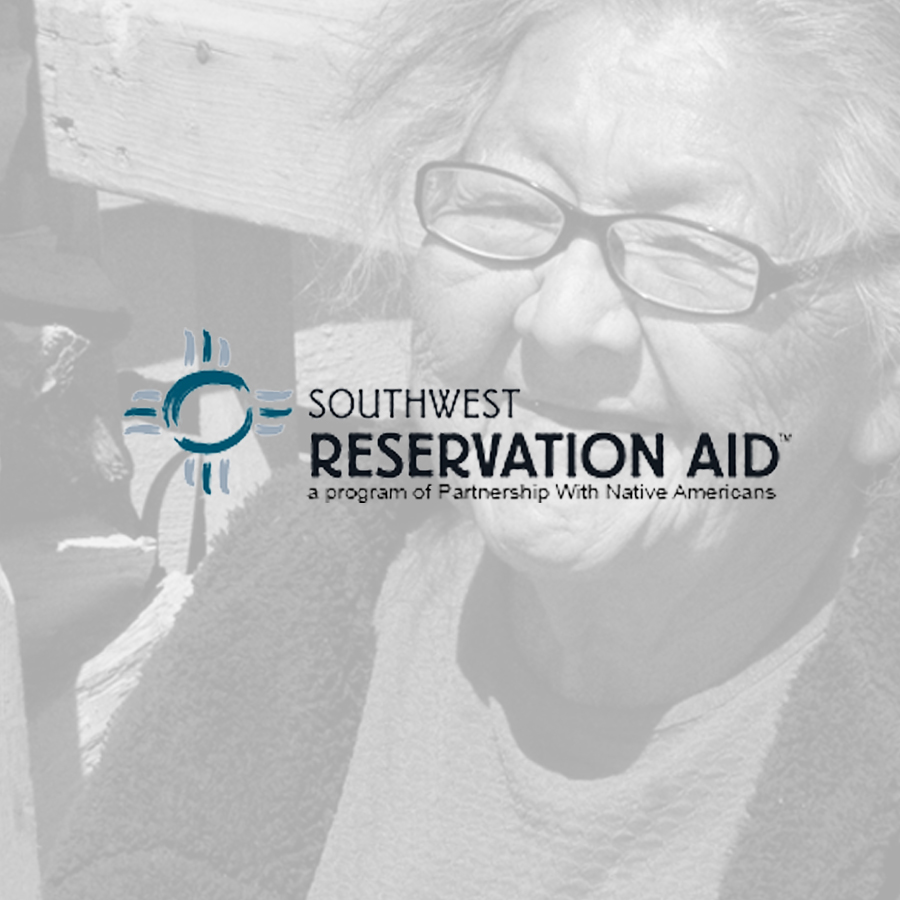
Learn More >>
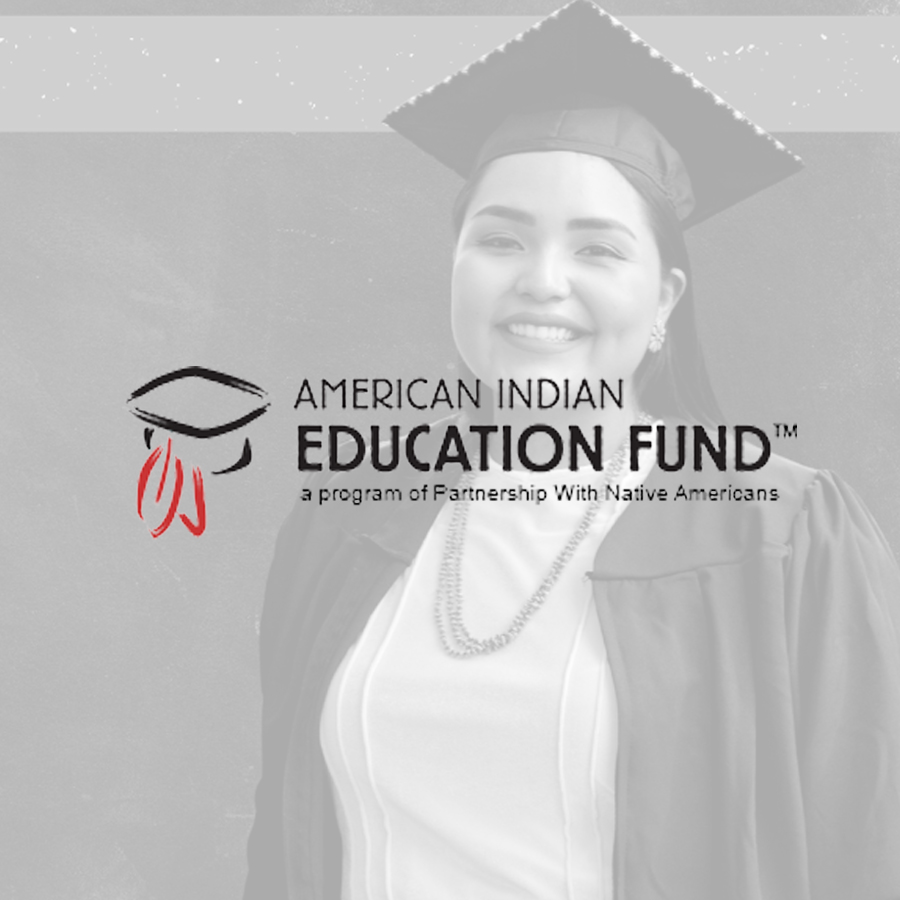
Learn More >>
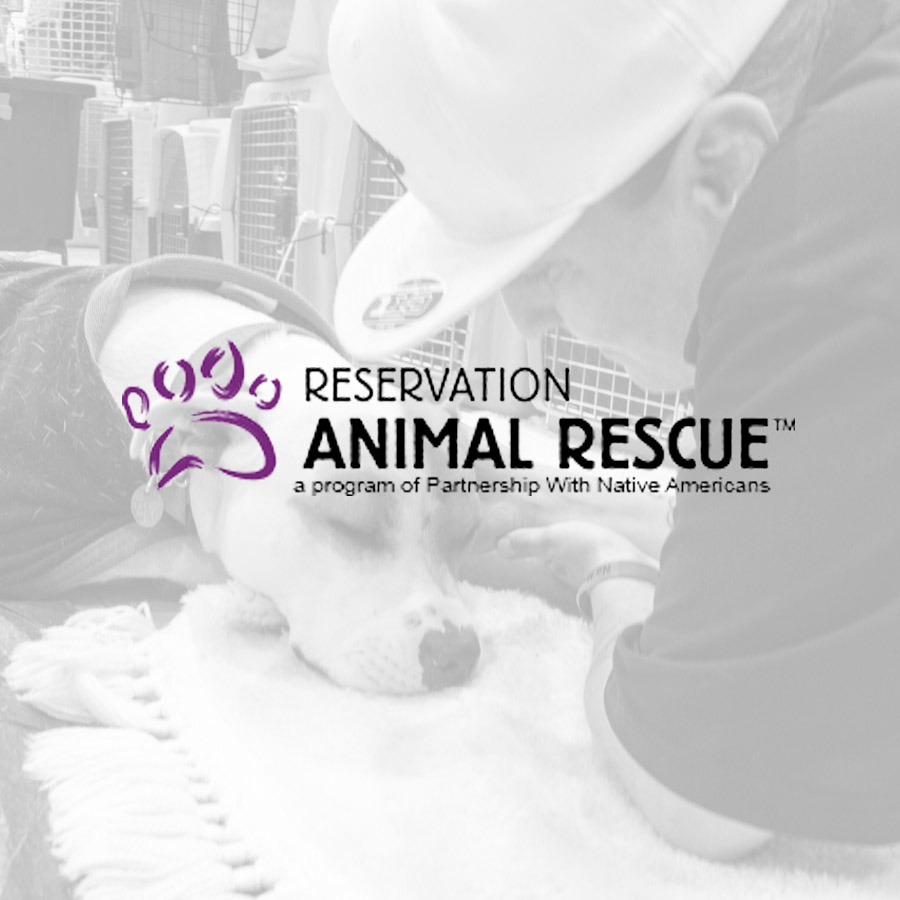
Learn More >>
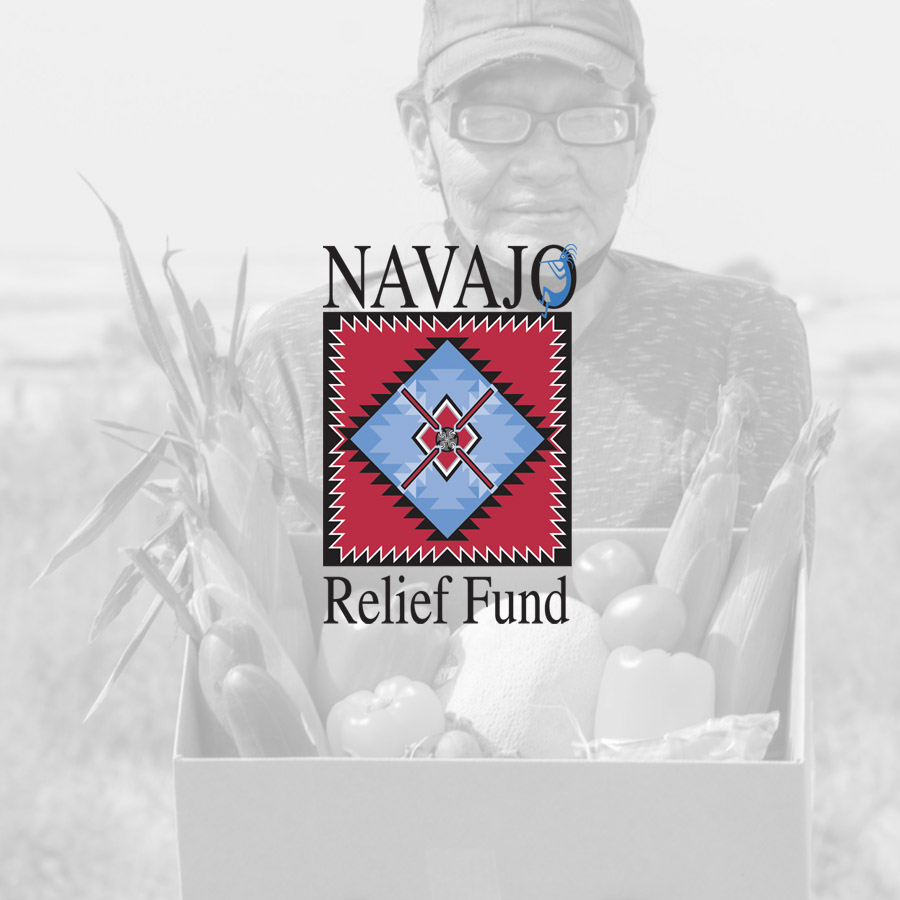
Learn More >>
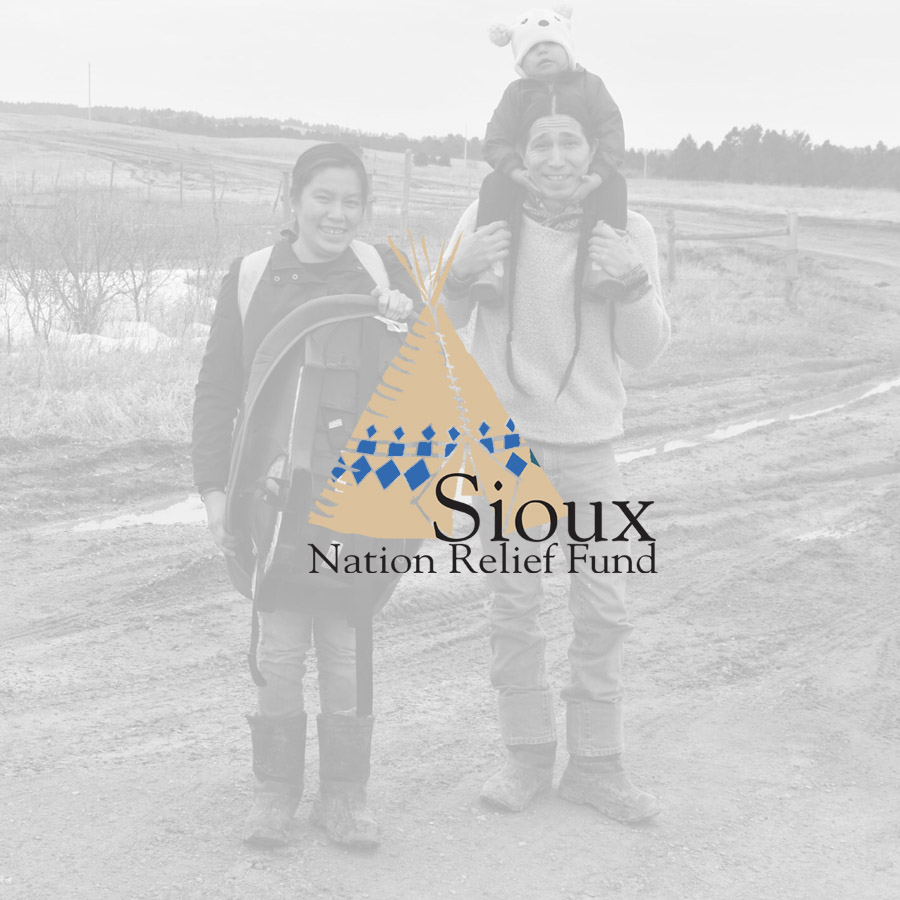
Learn More >>
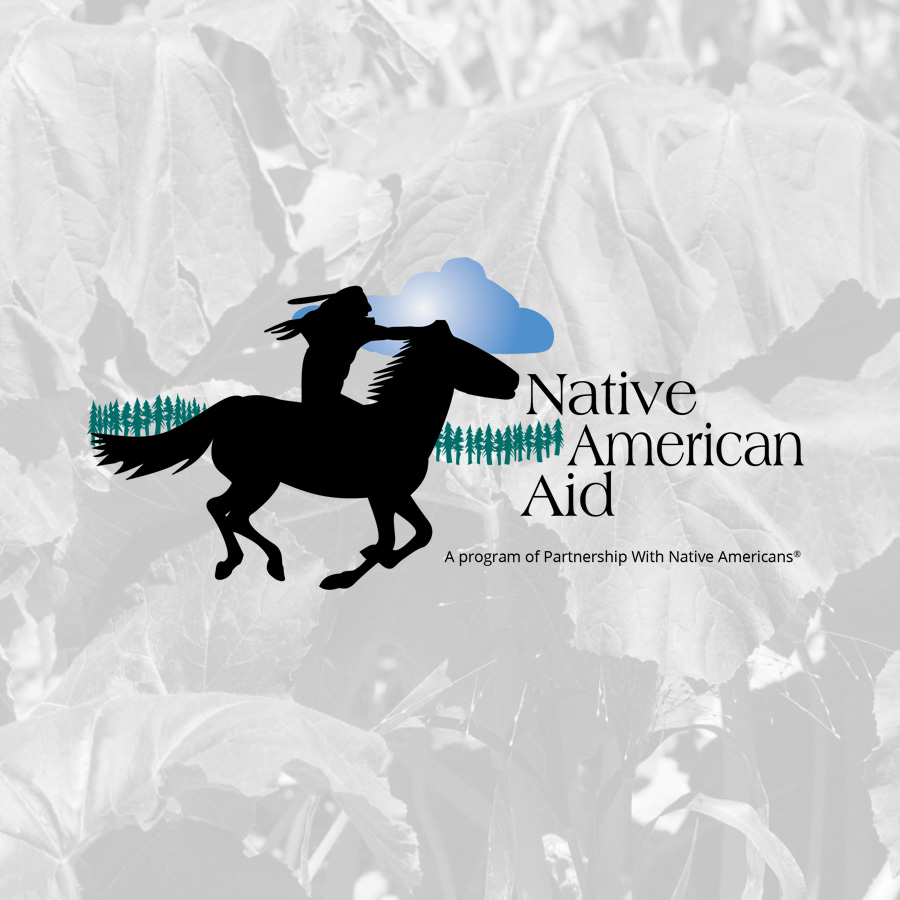
Learn More >>
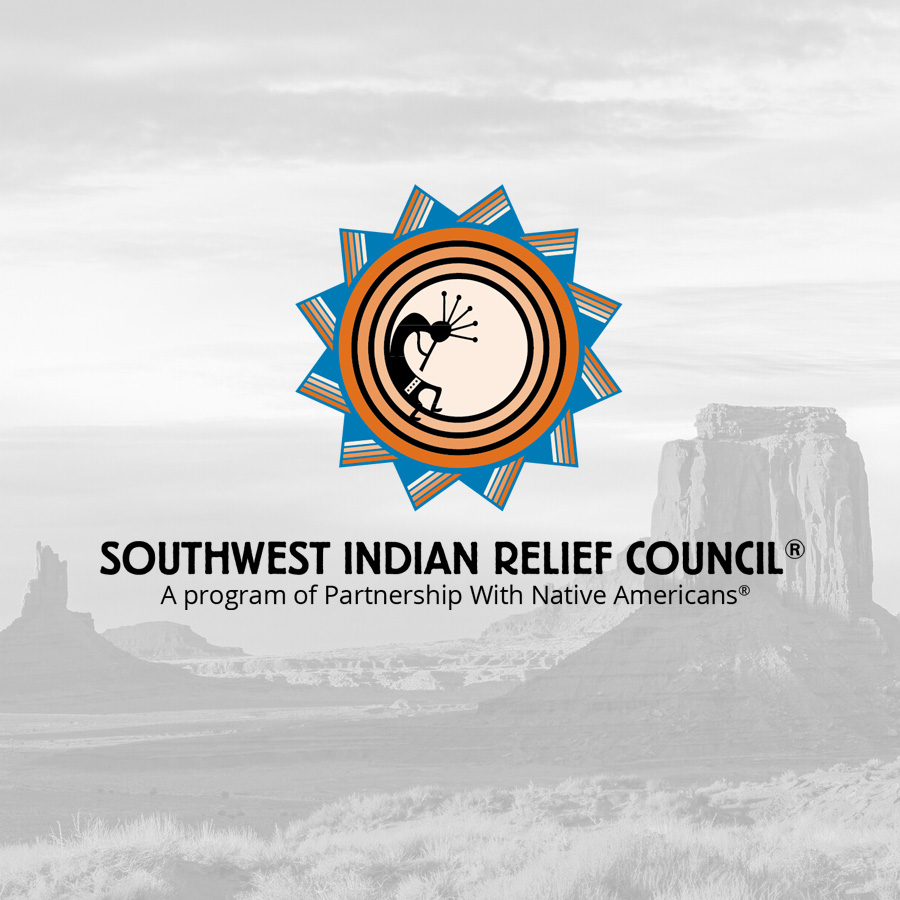
Learn More >>
Committed to providing genuine care and support
Our Services
Food & Water
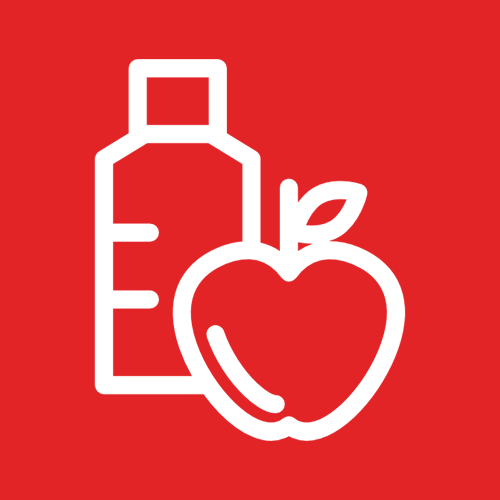
Education
Native students through school supplies,
scholarships, laptops, care packages, books and incentives for literacy programs, and
capacity-building through
our Four Directions (4D) cohorts

Emergency
remote reservations through disaster relief, winter boxes, summer boxes,
winter fuel vouchers and firewood,
residential support for homeless shelters,
and emergency preparedness training.

Health Care
Americans through services such as
healthy living, community events,
community investment projects,
and capacity-building cohorts through our
Train-The-Trainer (T3) program.

Holiday Support
for Program Partners on remote
reservations through services
such as children's stockings,
Elder gift bags,
and Santa Stops.

Animal Welfare


While many people learned about the reality of life for various Native American tribes amid the COVID-19 pandemic, there are plenty who are not yet NativeAware — and we need your help to change this.
We hope you will share this page with your friends and family to help everyone in your circle become NativeAware of what the tribes are currently up against, as well as what's working for them.
HELP EVERYONE BE
#NATIVEAWARE
FOR A BRIGHTER FUTURE!
While many people learned about the reality of life for various Native American tribes amid the COVID-19 pandemic, there are plenty who are not yet NativeAware — and we need your help to change this.
We hope you will share this page with your friends and family to help everyone in your circle become NativeAware of what the tribes are currently up against, as well as what's working for them.
